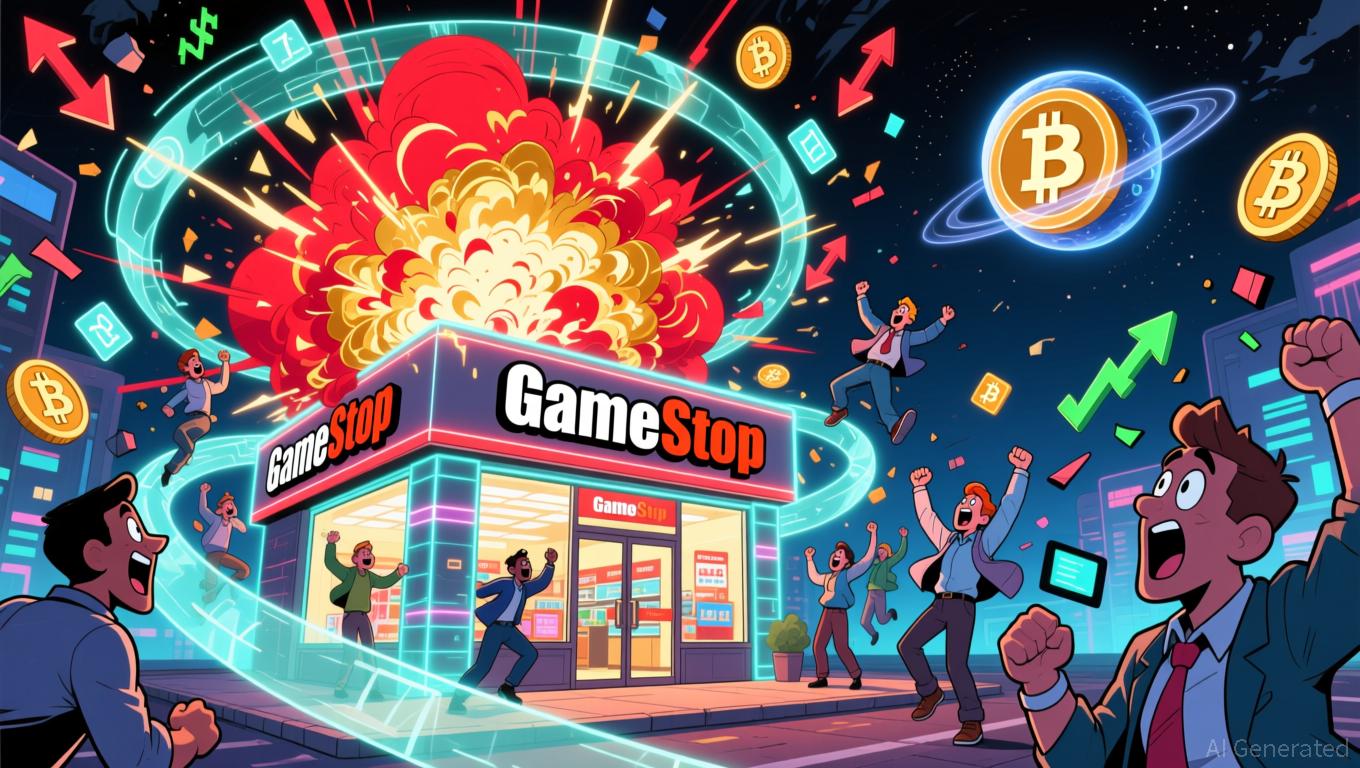Investing in Educational Facilities: A Strategic Approach to Addressing the Shortage of School Counselors
- U.S. school counselor shortages (385:1 student ratio) create investment opportunities in education infrastructure and workforce development. - Federal/state policies like BSCA ($1B) and state budgets ($1.7B in California) aim to expand counselor training but face funding expiration risks. - Private sector partnerships (K12 Coalition, PPPs) and ROI-driven models (Arizona's 645:1 ratio reduction) demonstrate scalable solutions for workforce readiness. - Education infrastructure investments show dual impact
Public Policy as a Catalyst for Investment
Federal and state authorities have started to tackle this problem through specific funding measures. The Bipartisan Safer Communities Act (BSCA) dedicated $1 billion to increase the number of school counselors, social workers, and psychologists, while the American Rescue Plan (ARP) offered short-term support by enabling part-time hires

The Inflation Reduction Act (IRA) and the Infrastructure Investment and Jobs Act (IIJA) further support this movement by facilitating long-term funding for educational infrastructure. For example, California’s 2025–26 budget
Private Sector Partnerships and Financial Instruments
Private industry is increasingly influencing the education sector, with collaborations between K–12 schools and industries such as advanced manufacturing and technology generating new funding opportunities. For instance, rural school districts working with manufacturers
Organizations supported by private equity, such as K12 Coalition, are broadening their reach by acquiring professional development providers, demonstrating the sector’s evolution
ROI and Case Studies: Proving the Investment Thesis
Demonstrating the return on investment (ROI) for school counseling initiatives reinforces the rationale for directing capital to this area. States such as Arizona have
Examples from California’s 2025–26 budget demonstrate tangible ROI. The $1.7 billion allocated to the Student Support and Professional Development Block Grant
Conclusion: A Strategic Niche for Impact-Driven Investors
The lack of school counselors is a widespread issue with clear solutions driven by policy and market forces. By supporting federal and state programs, forming private sector alliances, and focusing on programs with proven ROI, investors can take a leading role in a rapidly changing field. As the U.S. faces challenges in youth mental health and workforce preparedness, investing in education infrastructure—especially in developing the school counselor workforce—stands out as a strategic opportunity to achieve broad impact and sustainable value.
Disclaimer: The content of this article solely reflects the author's opinion and does not represent the platform in any capacity. This article is not intended to serve as a reference for making investment decisions.
You may also like
Bitcoin News Today: Bitcoin's Unstable Holiday Periods Hide Average Gains of 6%
- Bitcoin's Thanksgiving-to-Christmas performance shows equal odds of rising or falling, with a 6% average seasonal return despite volatility. - Historical extremes include a 50% 2020 rally and 2022's 3.62% drop post-FTX collapse, amid a $2.49-to-$91,600 long-term surge since 2011. - 2025's $91,600 price reflects ongoing recovery from 2024's $95,531 peak, with institutional crypto adoption and macroeconomic factors shaping future trajectories. - Analysts advise dollar-cost averaging for retail investors, w

Australia Strikes a Balance Between Fostering Crypto Innovation and Safeguarding Investors with Updated Regulations
- Australia introduces 2025 Digital Assets Framework Bill to regulate crypto platforms under ASIC, creating "digital asset platform" and "tokenized custody platform" licenses. - The framework mandates custody standards, transparency requirements, and lighter regulations for small operators (<$5k per customer) to balance innovation with investor protection. - Global alignment with UAE and EU crypto regulations is emphasized, while addressing risks from past failures like FTX through stricter enforcement and

PENGU Token's Latest Price Fluctuations and Blockchain Indicators: An Analytical Perspective on Technical Factors and Institutional Activity
- PENGU token's recent volatility and on-chain activity spark debate over institutional involvement in the crypto market. - Technical indicators show conflicting signals: overbought RSI vs. positive MACD/OBV momentum since November 2025. - Whale accumulation and Solana integration suggest strategic buying, while team wallet outflows highlight market uncertainty. - Social media sentiment drives short-term price swings, but structural risks like tokenomics and regulatory ambiguity persist. - Institutional ad

GameStop's Profit Strategy: Short Sellers, Brick-and-Mortar Stores, and Interest Rate Expectations Intersect
- GameStop (GME) shares rose near 52-week lows amid high short interest and retail-driven speculation, with a potential short squeeze looming as open options activity surged. - Institutional investors cut $5.4B in MicroStrategy (MSTR) holdings, linking crypto-focused MSTR to GME's 2021 meme stock dynamics amid MSCI index exclusion risks. - A December Fed rate cut (85% probability) could boost retail spending and speculative appetite, countering bearish positioning despite GME's 21.8% Q3 revenue growth. - A
